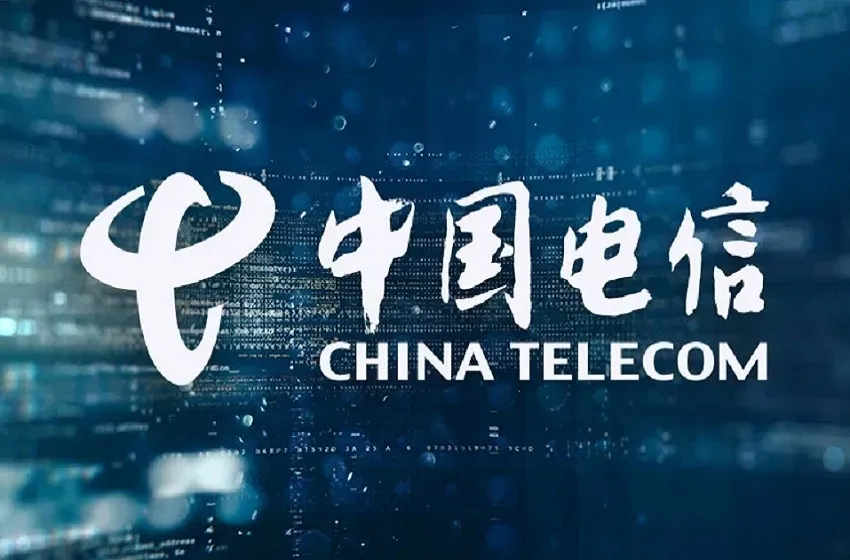China Telecom has successfully trained an AI model with 1 trillion parameters using domestically produced chips. This achievement marks a significant milestone in China's technological advancements and highlights the country's growing independence in high-tech sectors. Explore the potential industry impacts of this innovative development.
China Telecom, a state-owned telecom giant, has developed two large language models (LLMs) trained exclusively on domestically produced chips. This represents a significant advancement in China's pursuit of AI self-reliance, particularly given escalating US restrictions on advanced semiconductor exports to its competitors.
China Telecom's AI Institute reports that one model, TeleChat2-115B, and another unnamed model were trained using tens of thousands of domestically-made chips. This achievement is notable considering US export controls limiting access to high-end processors from Nvidia and other foreign companies. The institute declared this a demonstration of China's independent LLM training capabilities, heralding a new era of AI innovation and self-sufficiency.
The scale of these models is impressive. The unnamed LLM boasts one trillion parameters—variables crucial to a model's learning process. More parameters generally indicate a more complex and powerful AI. The TeleChat2-115B model, with approximately 100 billion parameters, reportedly performs comparably to leading international platforms.
Driven by Washington's export restrictions on Nvidia's A100 and H100 AI chips, Chinese companies are accelerating development of their own processors. While China Telecom didn't specify the chip supplier for its LLMs, Huawei's Ascend chips are key players in China's AI strategy. Huawei, facing US sanctions, is actively promoting its Ascend 910C AI processor, currently undergoing testing by major Chinese server companies and internet giants previously reliant on Nvidia. Ascend processors are seen as a critical alternative to Nvidia hardware, reducing China's dependence on foreign technology.
Collaborations with other domestic chipmakers like Cambricon, an AI processor startup, further illustrate China's focus on building a self-contained AI ecosystem. This strategy aims to mitigate the impact of US export controls.
By developing its own AI chips and technology, China is lessening its reliance on foreign hardware, particularly Nvidia's high-demand GPUs. Although US sanctions hinder access to the latest Nvidia technology, a black market exists. Many Chinese companies, however, opt for officially supported, albeit less powerful, previous-generation Nvidia chips to avoid the risks of the grey market.
China's achievement underscores a broader shift towards AI and semiconductor self-sufficiency, reflecting a strategic response to increasing global competition and US protectionist trade policies.



































